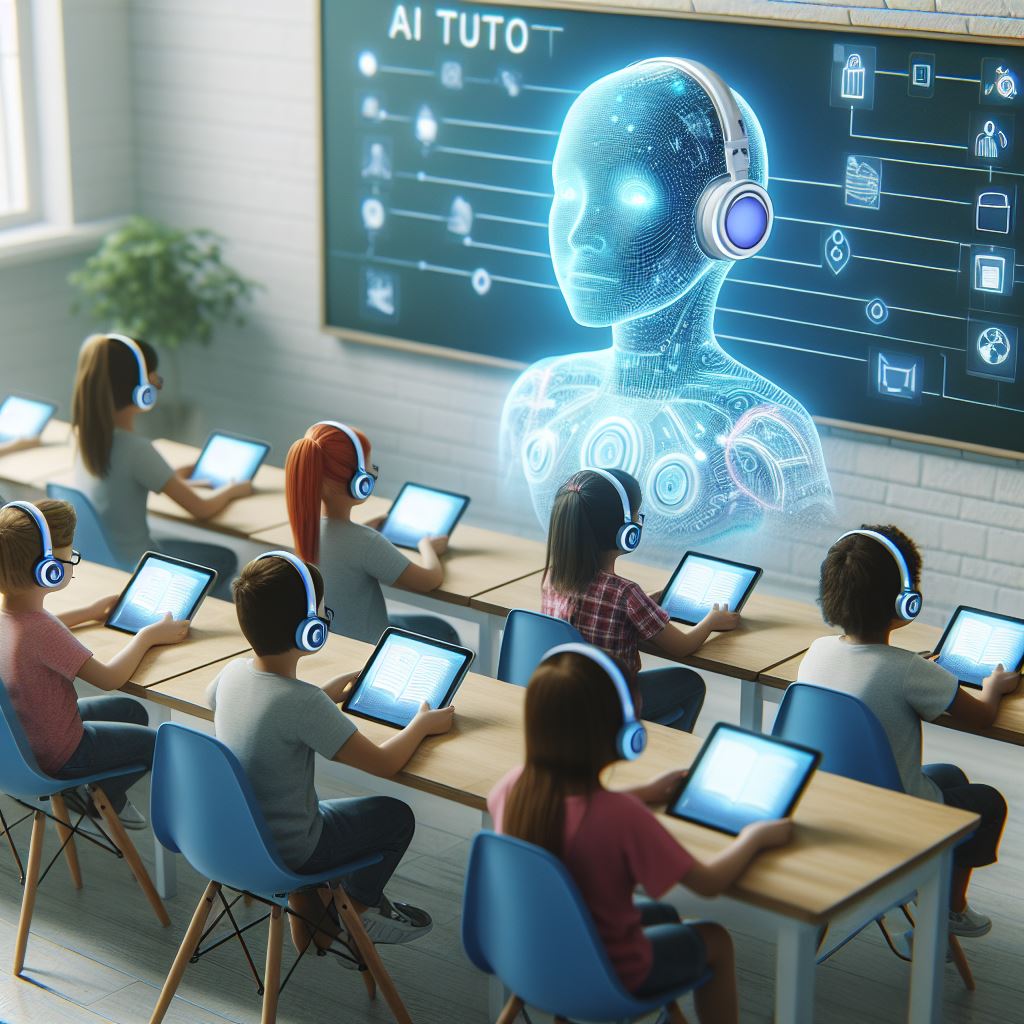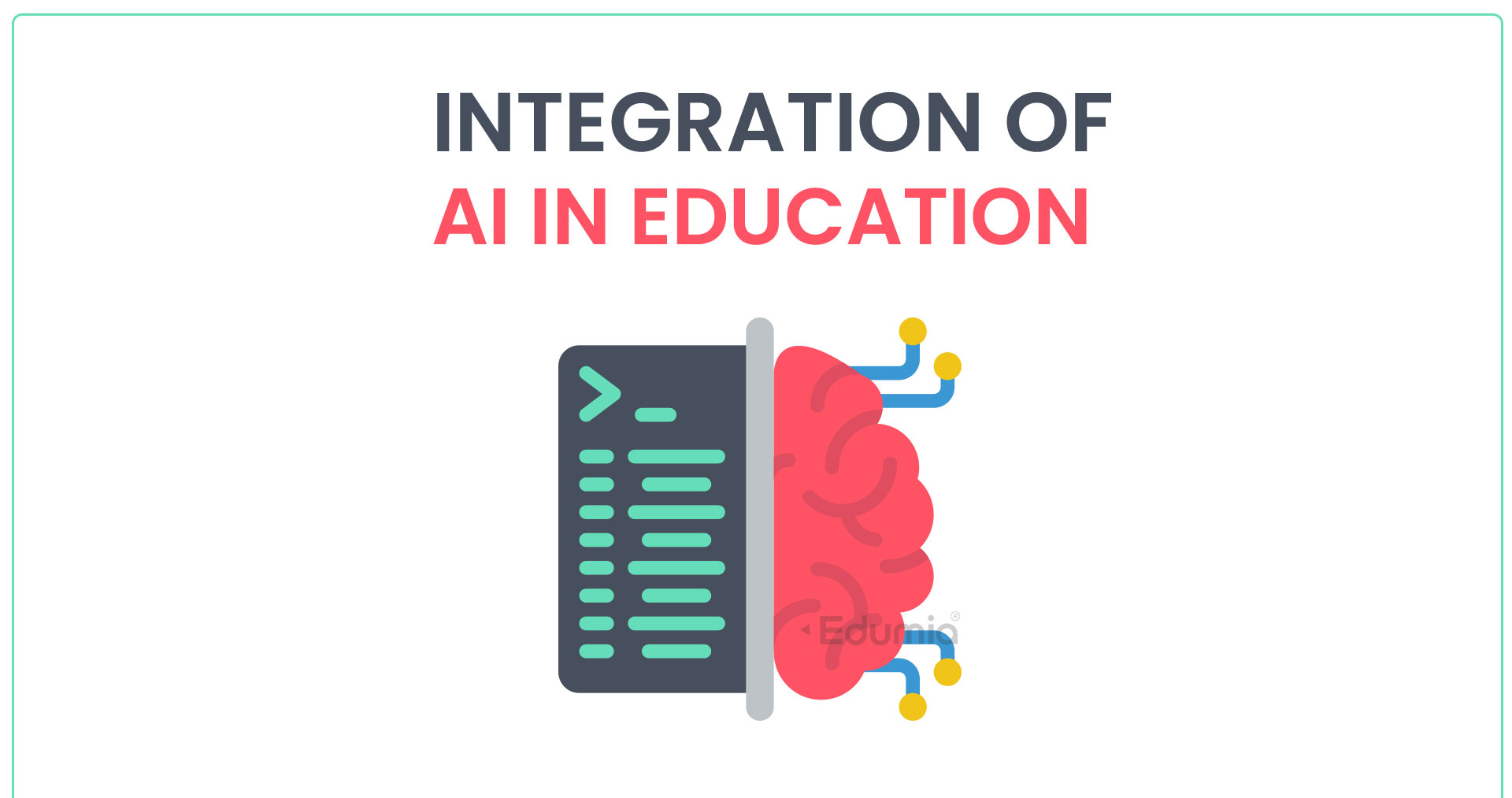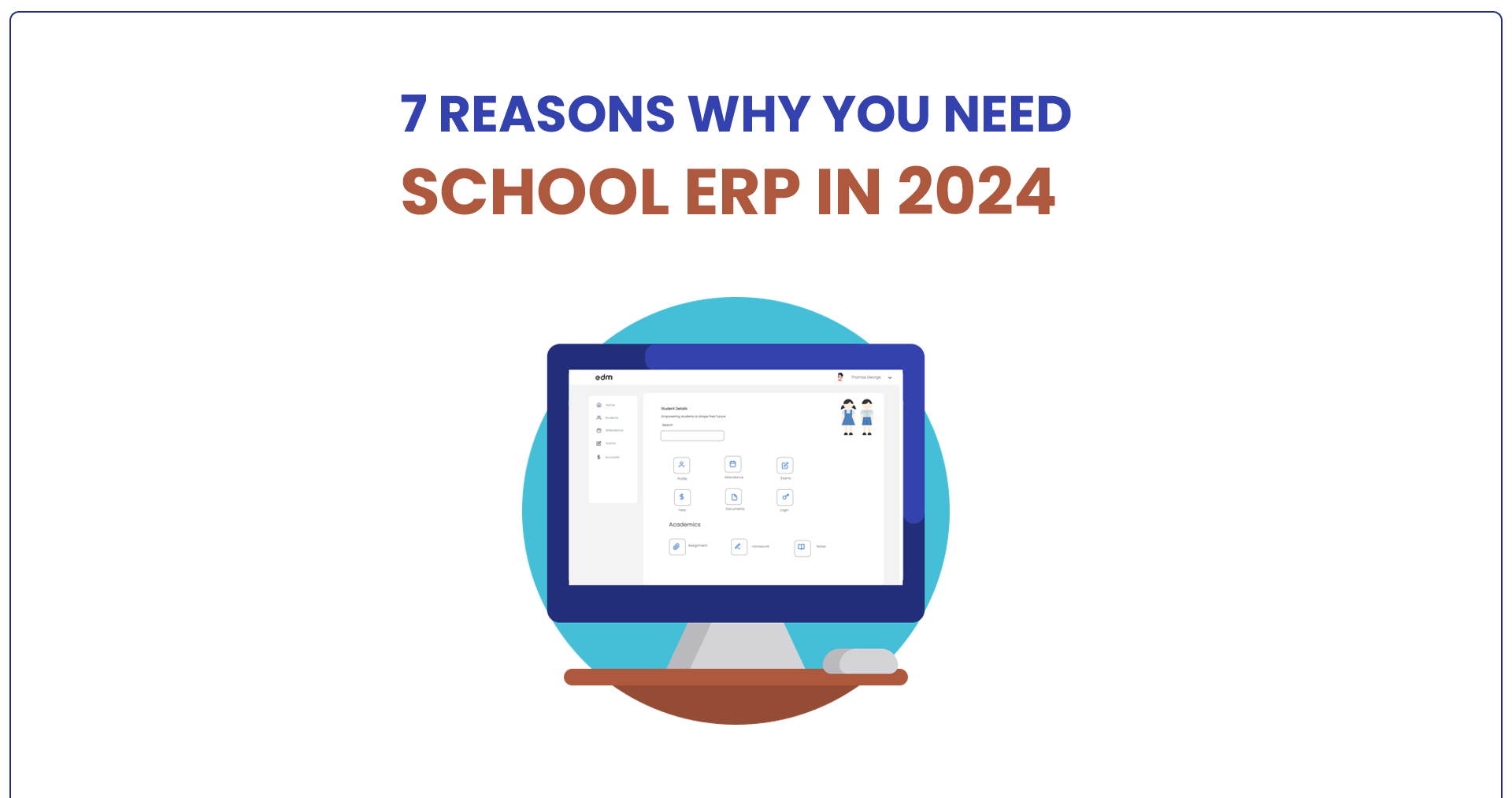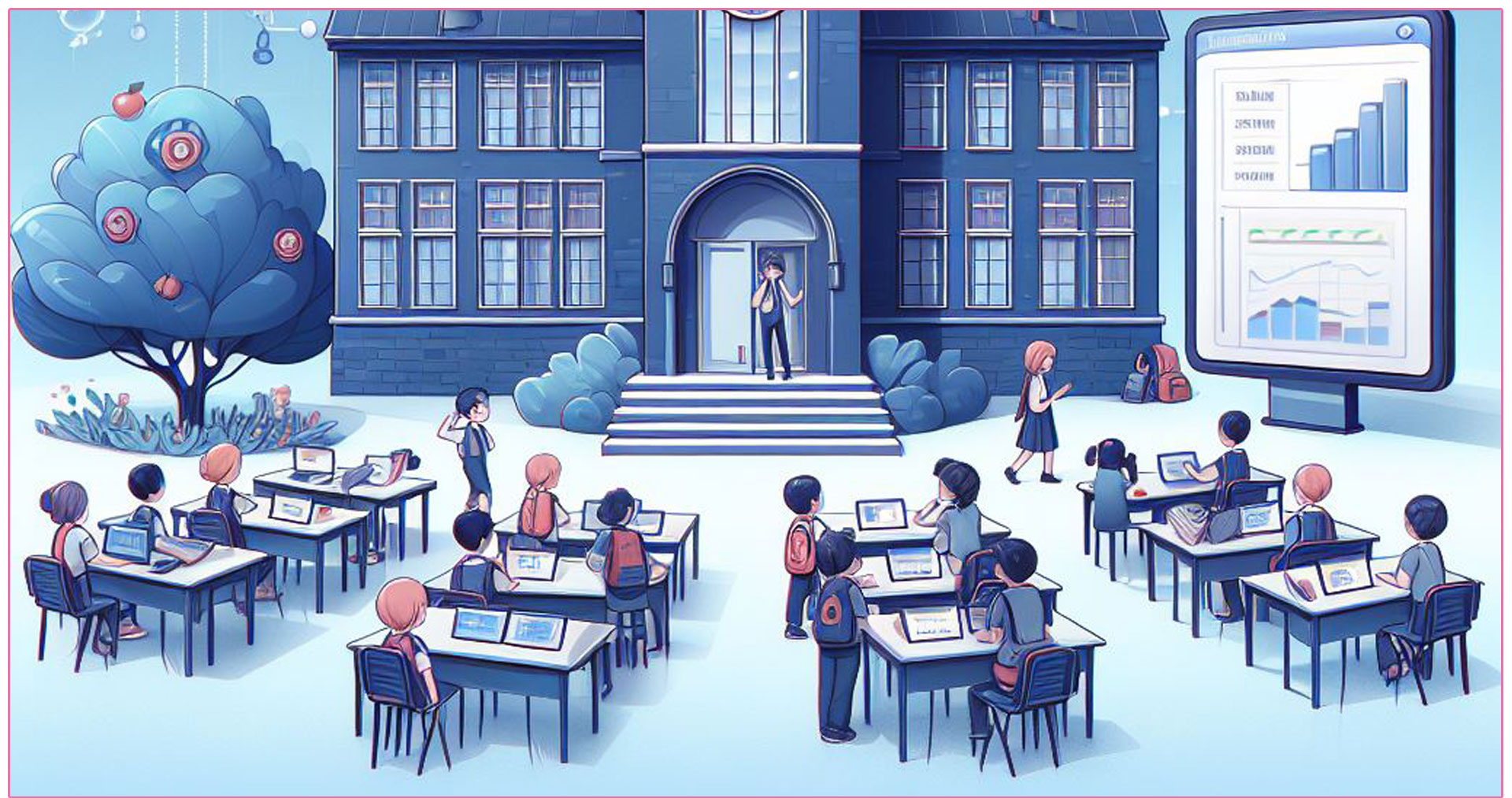AI in Education is no longer a futuristic concept. It’s rapidly transforming the landscape of learning, injecting intelligence and personalization into every step of the educational journey. From personalized learning paths to adaptive assessments and immersive virtual classrooms, AI is poised to revolutionize the way we teach and learn.
AI in Education: Unlocking Personalized Learning
One of the most exciting aspects of AI in Education is its ability to personalize the learning experience. Imagine a world where every student receives a curriculum tailored to their individual strengths, weaknesses, and learning pace. AI algorithms can analyze student data, including past performance, learning styles, and engagement levels, to create customized learning paths that cater to their unique needs. This fosters a deeper understanding, increased motivation, and a sense of ownership over the learning process.
Adaptive Learning and Intelligent Tutoring Systems:
AI-powered adaptive learning platforms adjust the difficulty and complexity of learning materials in real-time based on student performance. Imagine a student struggling with a math concept. An AI tutor can detect this and offer alternative explanations, interactive exercises, or even humorous animations to break down the problem into digestible chunks. This level of personalized support fosters a deeper understanding and prevents students from getting stuck or disengaged.
Beyond the Classroom: AI for Assessment and Feedback:
AI isn’t just about delivering content; it’s also transforming assessment and feedback. Imagine essays graded in minutes by intelligent systems that provide detailed, constructive feedback tailored to each student’s writing style and strengths. This frees up teachers’ time for more personalized interactions and allows students to receive immediate feedback on their work, accelerating their learning progress.
Empowering Educators: AI as a Teaching Assistant:

AI doesn’t aim to replace teachers; it aspires to be their intelligent assistant. Imagine a teacher juggling multiple class sizes and diverse learning needs. AI can handle routine tasks like grading quizzes, scheduling appointments, and providing personalized feedback, freeing up valuable time for teachers to focus on personalized instruction, mentorship, and fostering a positive learning environment.
Immersive Learning and Virtual Reality:
AI is also opening doors to immersive learning experiences that transport students beyond the confines of a classroom. Imagine exploring the Great Barrier Reef alongside virtual marine biologists or dissecting a frog in a 3D simulation. AI-powered virtual reality (VR) experiences can bring abstract concepts to life, enhance engagement, and make learning an interactive adventure.
Challenges and Considerations:
While AI in Education holds immense promise, it’s crucial to address potential challenges. Ethical considerations around data privacy, bias in algorithms, and the need for human oversight are paramount. Additionally, ensuring equitable access to AI-powered tools and bridging the digital divide are critical for inclusive and effective implementation.
Conclusion:
AI in Education is not just a technological trend; it’s a transformative force. By embracing its potential and navigating its challenges responsibly, we can unlock a future of personalized, engaging, and effective learning for all. As Nelson Mandela aptly stated, “Education is the most powerful weapon which you can use to change the world.” Let’s leverage the power of AI to ensure that every child has the opportunity to learn, grow, and thrive in the digital age.
Additional Resources:
- UNESCO Artificial Intelligence and Education: https://www.unesco.org/en/artificial-intelligence
- World Economic Forum: AI for Education: https://www.weforum.org/agenda/2023/05/ai-accelerate-students-holistic-development-teaching-fulfilling/
- The Education Innovation Network: AI in Education: https://educationinnovators.network/
Remember, the future of education is bright with AI. Let’s embrace its potential and shape a world where every child has the opportunity to reach their full potential.



